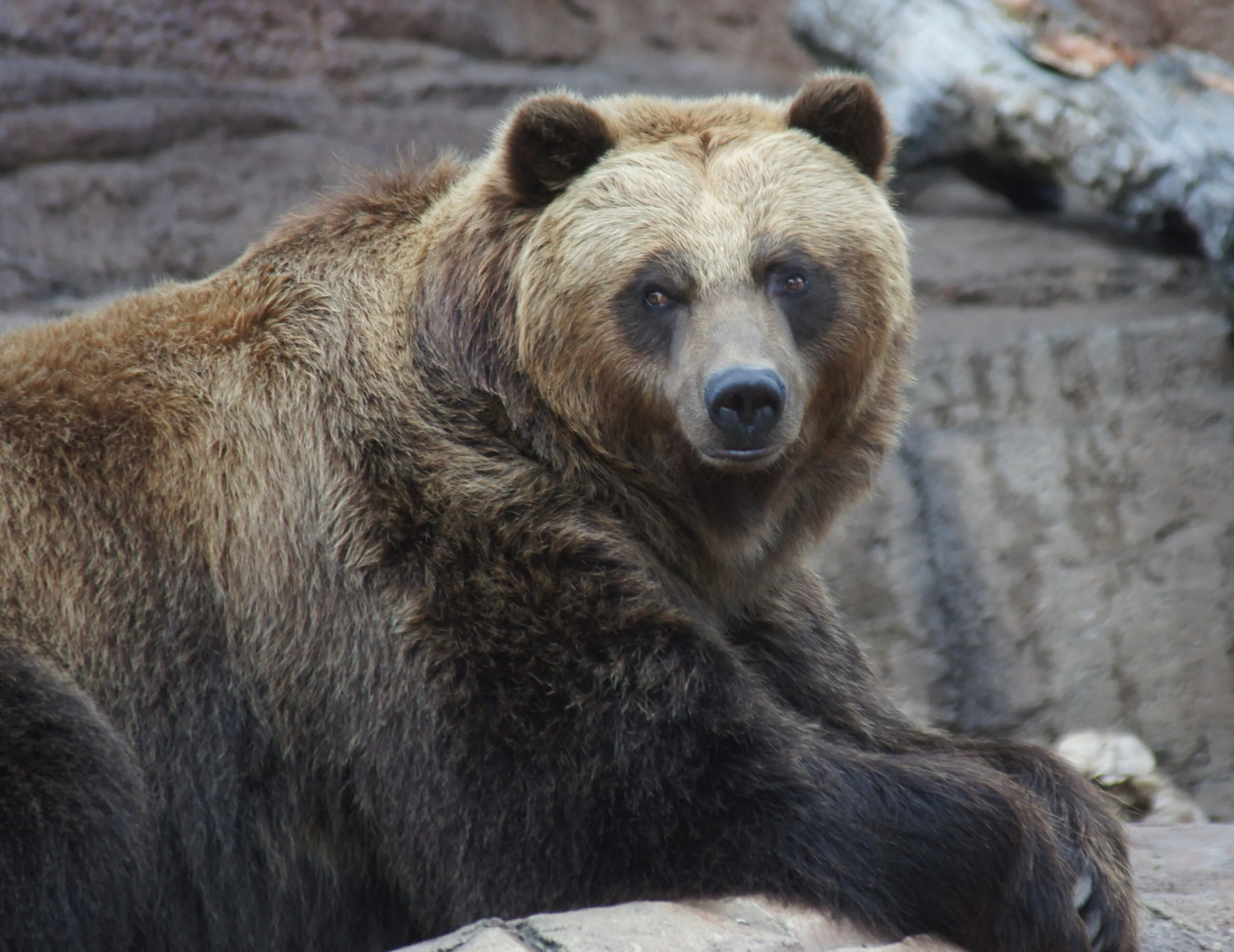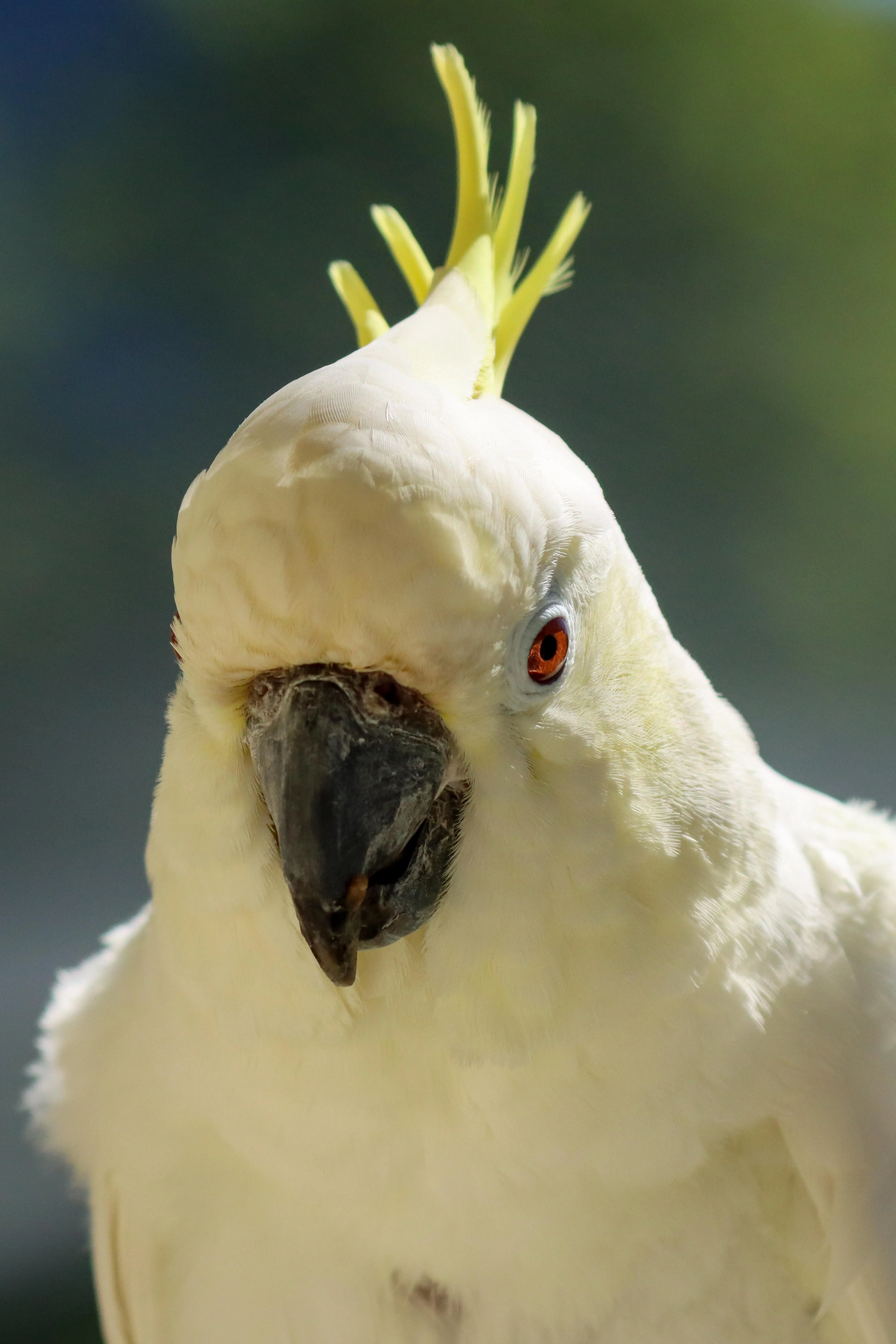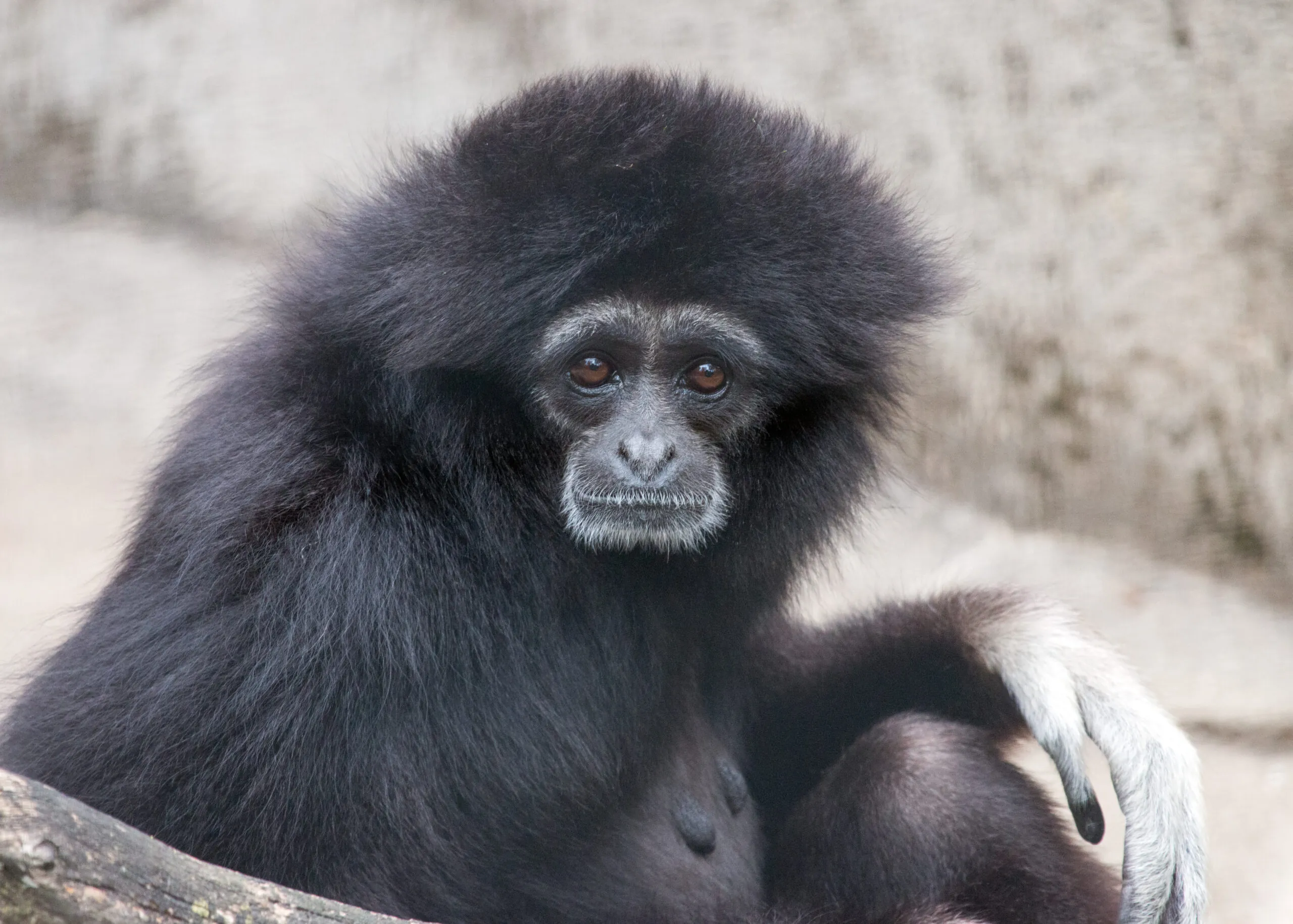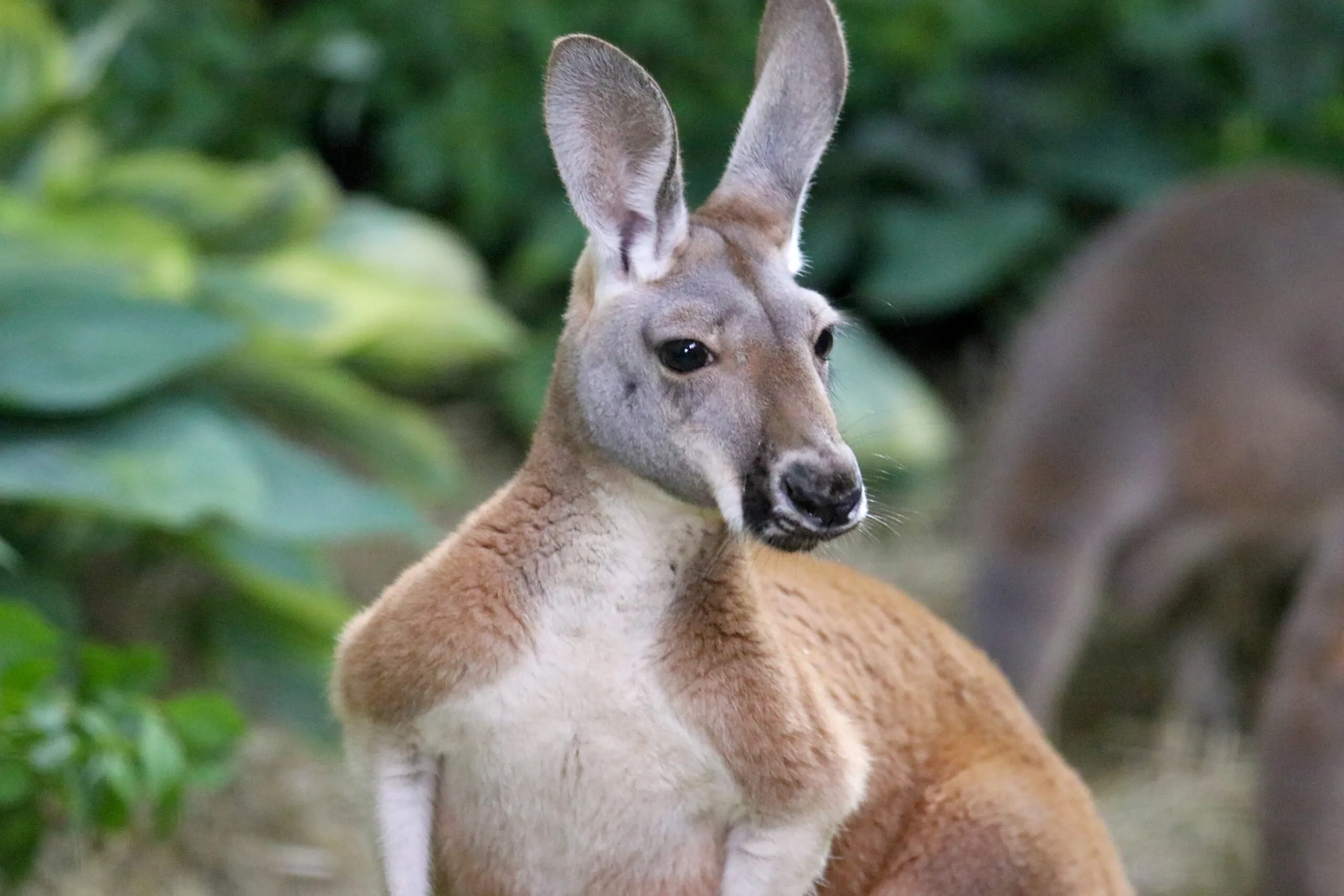-
Menu
- Plan Your Visit
- Meet The Animals
- Check Out Events
- Memberships
- About The Zoo
- Support the Zoo
- Conservation
- Education
- Groups & Private Events
- Zoo News
- Contact
- Zoo Store
- Indianapolis Prize
- Global Center for Species Survival
- Schedule
- Donate
- Membership
- Tickets

- Plan Your Visit
- Meet The Animals
- Check Out Events
- Memberships
- About The Zoo
- Support the Zoo
- Conservation
- Education
- Groups & Private Events
- Zoo News
- Contact
- Zoo Store
- Indianapolis Prize
- Global Center for Species Survival
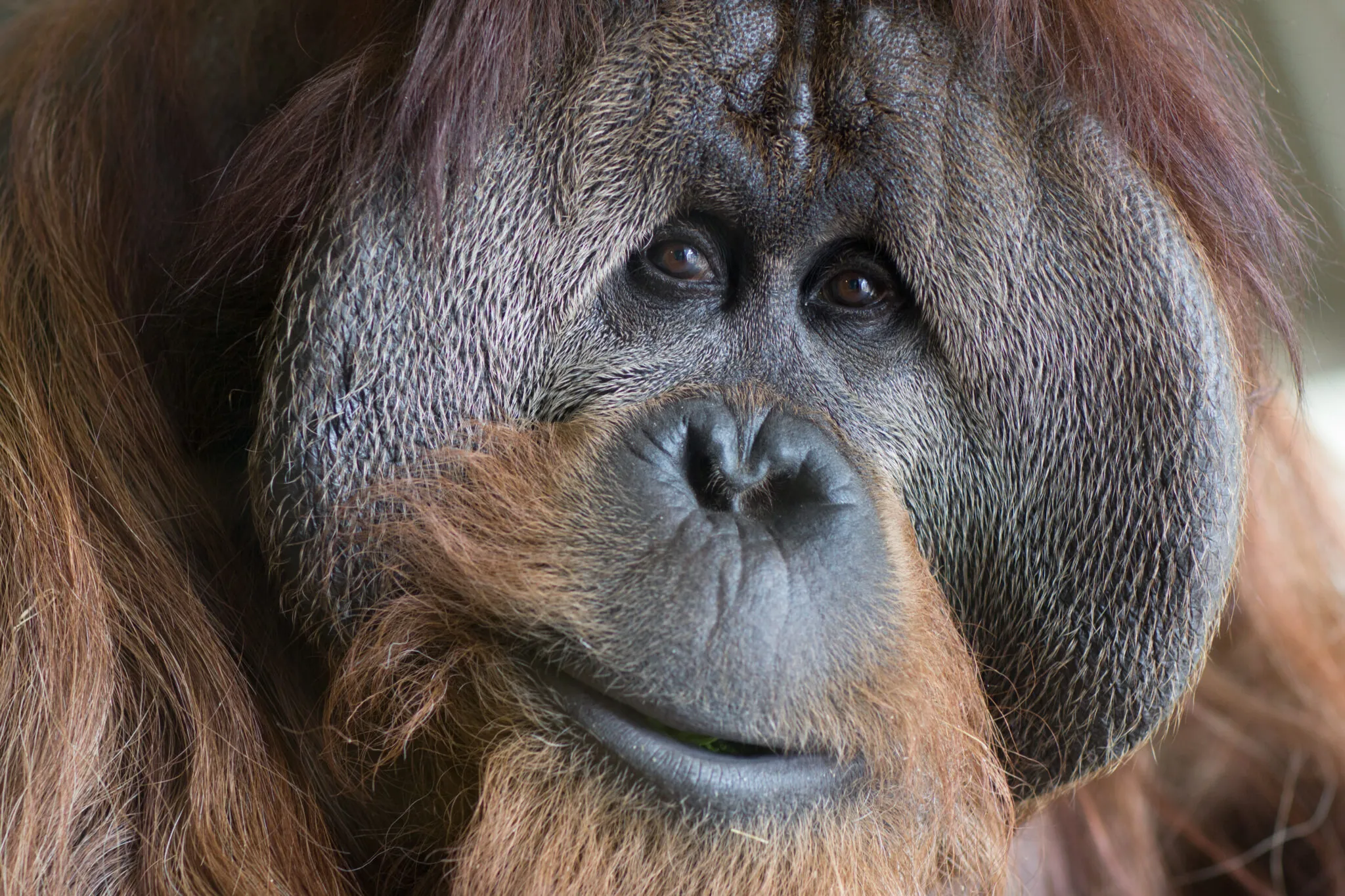
Orangutans
Pongo abelii and Pongo pygmaeus
About
Orangutans are remarkable great apes and the largest arboreal animal—they spend most of their lives in trees. The name orangutan comes from the Indonesian words “orang” (people) and hutan “forest.” In a mostly solitary lifestyle, they move through the trees using opposable thumbs and big toes and upper body strength and, looking for energy-rich fruits from more than 500 different kinds of plants!
Orangutans are easy to tell apart from other great apes, as well as monkeys. Like other apes, they lack a tail. They have reddish-orange hair and long arms—up to a 9-foot span for males! Male orangutans have two body forms: flanged males have large cheek pads and are dominant over unflanged males.
Orangutans are intelligent problem solvers and tool users. They use these skills in their natural habitats to forage for food and care for young. Orangutan females are dedicated mothers, caring for their young alone for up to a decade. Orangutans have the longest time between births—6 to 9 years—of any mammal!
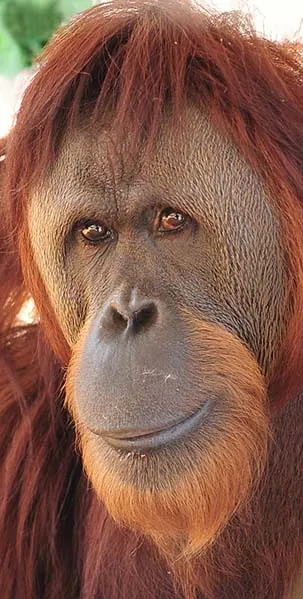
Conservation
There are three species of orangutans whose native range spans the islands in Southeast Asia: Bornean orangutans (Pongo pygmaeus), Sumatran orangutans (Pongo abelii) and Tapanuli orangutans (P. tapanuliensis). All three species are critically endangered due to habitat loss and hunting.
Much of the habitat loss is due to non-sustainable farming of palm to produce palm oil. This oil is found in many foods and products for the home. You can help protect the forests that orangutans call home by purchasing products made by companies that are members of the Roundtable on Sustainable Palm Oil.
Learn more and explore how you can be a Sustainability Superhero for orangutans by downloading the PalmOil Scan mobile app and using it when you shop!

Simon Skjodt International Orangutan Center
The Simon Skjodt International Orangutan Center houses an elegant “functional forest” that allows orangutans to live like orangutans. Orangutans can also stimulate their minds with optional computer tasks that help Zoo scientists understand more about how orangutans learn and think about their world.
WHERE ARE THEY AT THE ZOO?

Orangutan Art
Orangutan Chat
Sponsor an Orangutan
Be an Animal Amigo to help with the care of orangutans at the Zoo and support our global conservation efforts!

